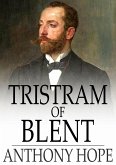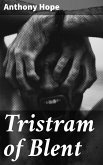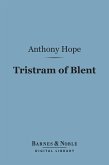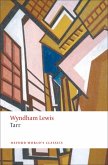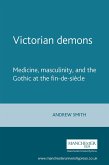For centuries, the British aristocracy hinged on an labyrinthine tangle of inheritance laws, many of which were contradictory and seemingly illogical. In this page-turner from Anthony Hope, young Harry Tristram is forced to grapple with this complicated code when he discovers a shocking secret about his own lineage -- and the disastrous impact that the truth might have on his social standing and financial well-being.
Dieser Download kann aus rechtlichen Gründen nur mit Rechnungsadresse in A, B, BG, CY, CZ, D, DK, EW, E, FIN, F, GR, HR, H, IRL, I, LT, L, LR, M, NL, PL, P, R, S, SLO, SK ausgeliefert werden.



